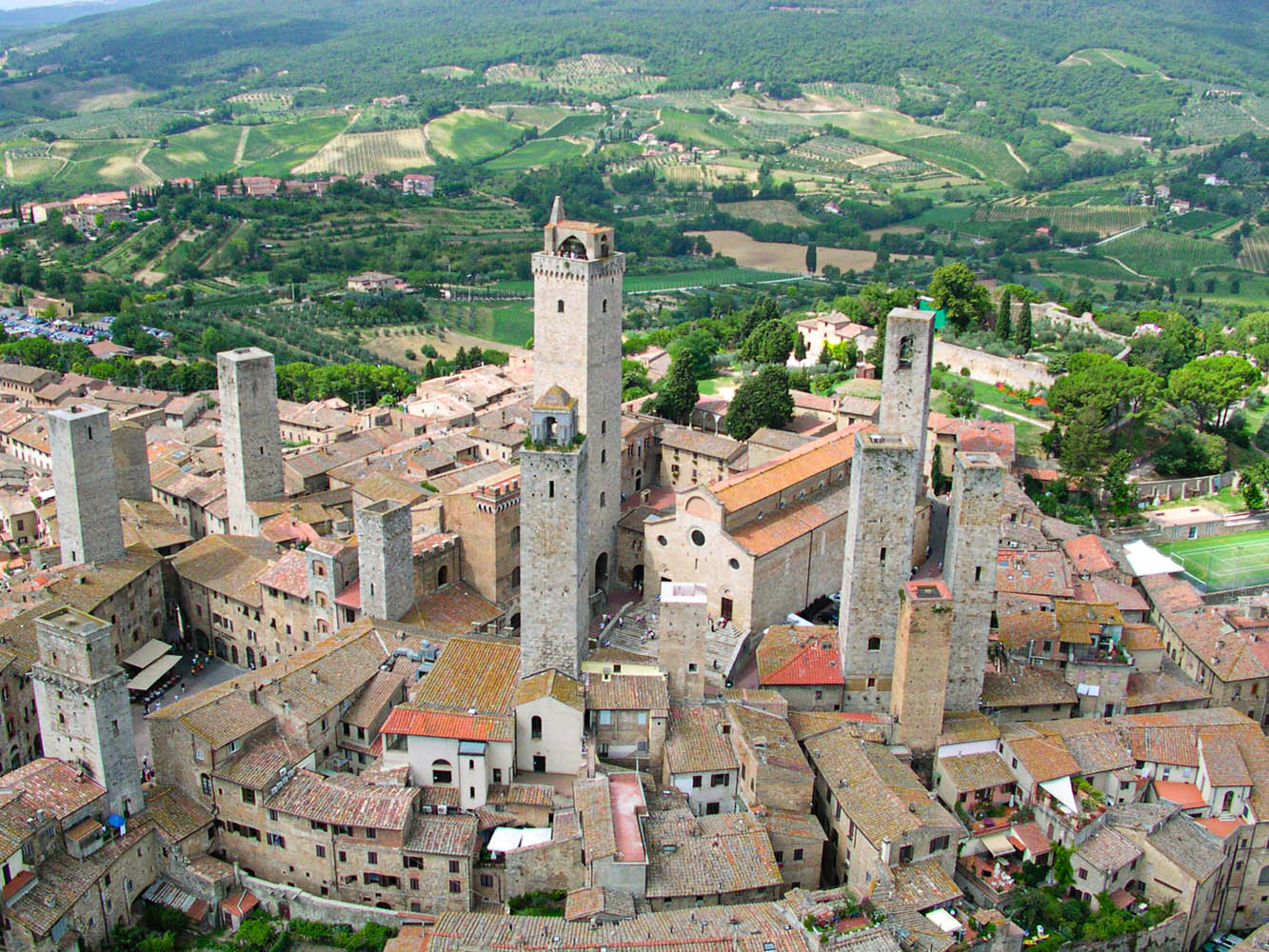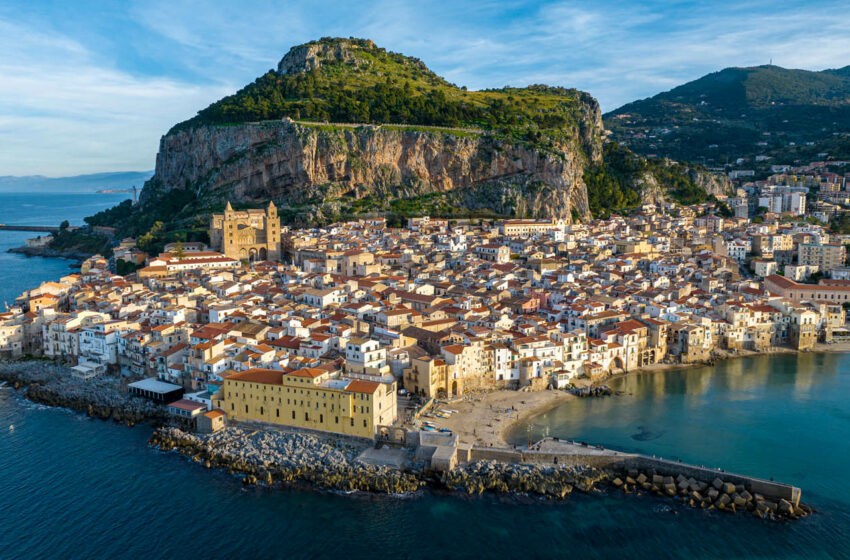
Funding for the Sustainability of Villages
di Barbara Togna
The global post-pandemic trend shows a growing and renewed interest in Italian villages, where people can rediscover a quality of life based on environmental, social, and economic sustainability models. This new approach sees small towns as ideal places to invest in enhancing community heritage through tourism development.
Italian small municipalities thus face a great opportunity given by fortunate circumstances arising from this trend and the current period of initiating the cyclical programming of European and national funds for territorial development.
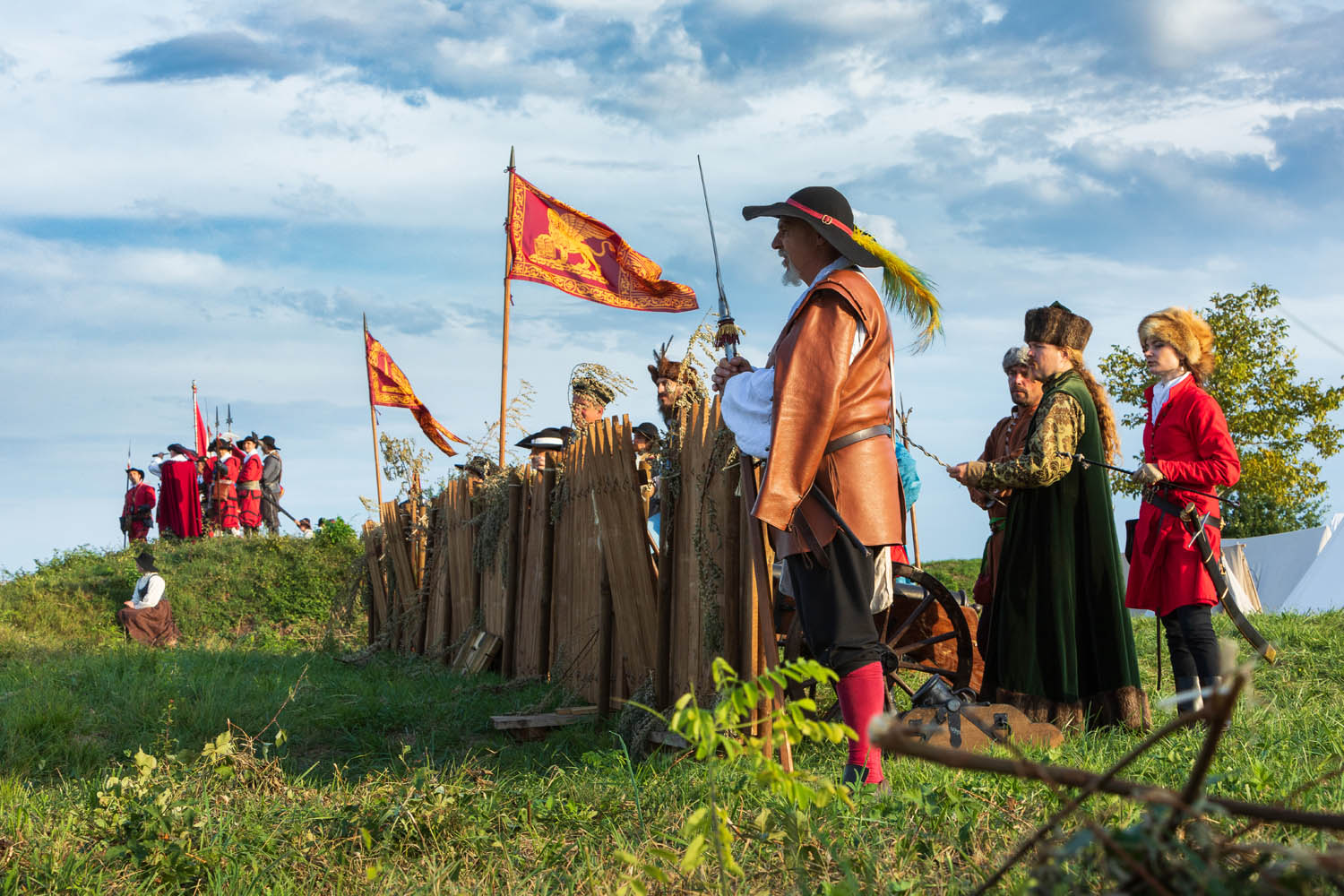
“Luck does not exist: it is the moment when talent meets opportunity,” with this phrase, Lucius Annaeus Seneca suggests that luck is subordinate to the presence of abilities and favorable circumstances. Therefore, to best seize the challenge of using funding programs to improve the conditions of villages, enhancing their immense heritage and creating conditions for sustainable development, it is necessary that all territorial actors—public institutions, cognitive institutions, the private sector, and civil society—are capable of designing and carrying out planning strategies and related actions.
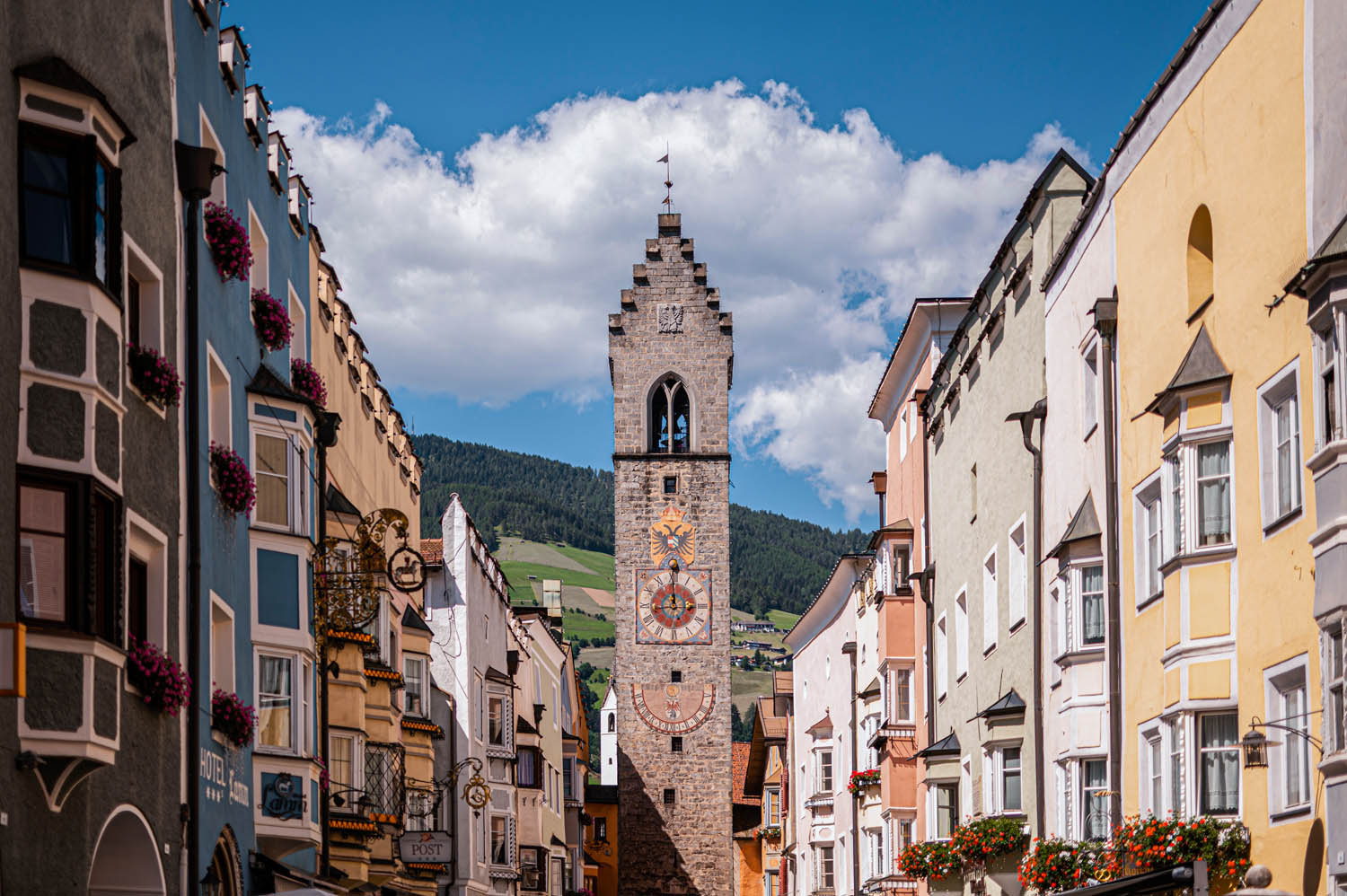
A regenerated territory constitutes the optimal fabric for the enhancement and growth of energetically self-sufficient centers, equipped with modern services and connectivity, where young and old can find the ideal place for the coexistence of tradition and social innovation. The goal is to halt the depopulation process of small historical centers, creating sustainable communities once again.

From this perspective, considering the current phase of transition and renewal, tourism and its sector can be seen as key components of development.
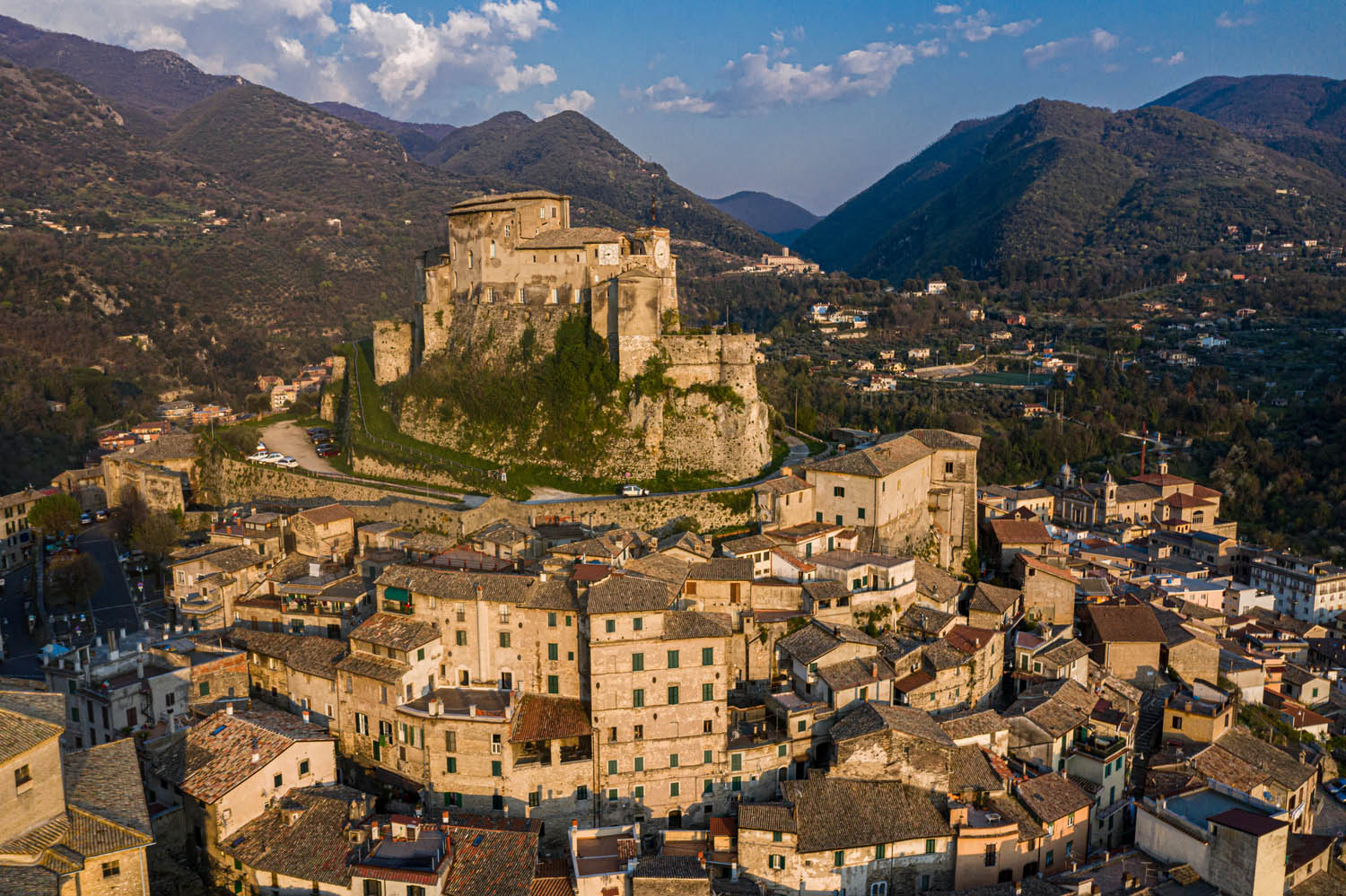
Hence the importance of real knowledge of the funds available for financing interventions and the rules, techniques, and methodologies for their virtuous use. The European Commission has published an “Online Guide on Community Funds for Tourism,” highlighting the broad panorama of funding programs supported by the new budget, the Multiannual Financial Framework 2021-2027, and Next Generation EU. It is a useful toolkit for finding financial instruments to support the transition towards a more digital, sustainable, and inclusive European Union. It contains updated links to the websites of European Union programs where annual work programs or calls for proposals can be found. It is also possible to consult examples of concrete projects financed by previous European Union programs. The guide is available in all EU languages through a high-quality automatic translation tool.
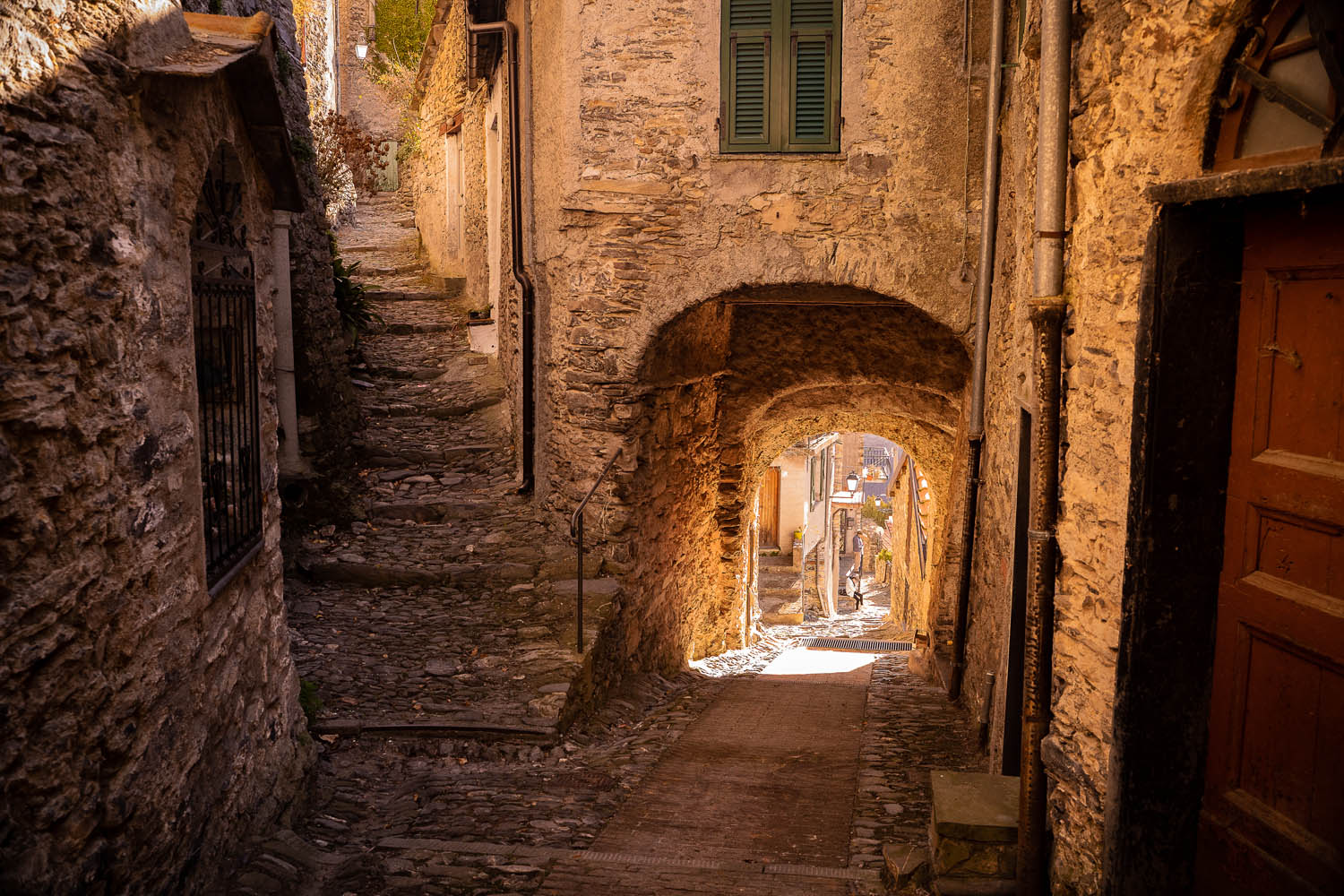
Below are the main programs:
- Creative Europe: for support to the cultural and creative arts sectors;
- Digital Europe: for innovation and digital transformation;
- Erasmus+: for academic and professional training;
- European Agricultural Fund for Rural Development: for investments in connectivity, physical and technological infrastructure, and services in rural areas;
- European Maritime, Fisheries and Aquaculture Fund (EMFAF): for the protection of aquatic biodiversity, low-impact fishing, and aquaculture;
- European Regional Development Fund (ERDF) and Cohesion Fund: to strengthen environmental, socioeconomic sustainability, and long-term tourism resilience in regions;
- European Social Fund Plus (ESF+): to promote a fairer and more inclusive society, new jobs, and the effective implementation of social rights;
- European Territorial Cooperation (ETC) 2021-2027;
- Horizon Europe: to stimulate research and innovation within the 2021-2027 framework program;
- InvestEU: to promote competitiveness and sustainability;
- Just Transition Fund (JTF): to support the transition to a “green” economy;
- LIFE Program: to finance circular economy projects with low environmental impact;
- REACT-EU: to support post-pandemic economic recovery within Next Generation EU;
- Single Market Programme (SMP): within Next Generation EU, to improve the competitiveness of businesses and support access to the single market;
- Support from the European Bank for Reconstruction and Development (EBRD): for financing programs, including three in the tourism sector.
The National Plan for Villages under the National Recovery and Resilience Plan (NRRP) also aims to achieve sustainable and quality growth distributed across the entire national territory. While structural and investment funds have longer implementation times and strict implementation rules, the NRRP financial instrument is characterized by stringent timelines and reinforced conditionality. Therefore, it is of fundamental importance to improve the spending capacity of beneficiaries and the implementation of effective investments and reforms.
BARBARA TOGNA
Expert in International Activities, EU Funds, Sustainability & Benefit Corporation
 Avvocato. Percorso formativo post-laurea in diritto, economia e politica dell’Unione Europea, Master e Lauree di Specializzazione presso l’Università di Padova e l’Università di Teramo. Esperienza pluriennale in attività internazionali, ampie esperienze professionali nello specifico ambito della cooperazione internazionale in Italia e all’estero. Docente presso l’Università degli Studi Roma Tre, l’Università degli Studi di Teramo, l’Università LUISS Guido Carli di Roma, la Libera Università di Lingue e Comunicazione IULM di Milano. Esperto in pianificazione e progettazione di azioni cofinanziate da strumenti finanziari comunitari, internazionali e nazionali. Collabora con Istituzioni pubbliche e private per la realizzazione di attività legate al fundraising, oltre alla gestione, valutazione e controllo degli interventi.
Avvocato. Percorso formativo post-laurea in diritto, economia e politica dell’Unione Europea, Master e Lauree di Specializzazione presso l’Università di Padova e l’Università di Teramo. Esperienza pluriennale in attività internazionali, ampie esperienze professionali nello specifico ambito della cooperazione internazionale in Italia e all’estero. Docente presso l’Università degli Studi Roma Tre, l’Università degli Studi di Teramo, l’Università LUISS Guido Carli di Roma, la Libera Università di Lingue e Comunicazione IULM di Milano. Esperto in pianificazione e progettazione di azioni cofinanziate da strumenti finanziari comunitari, internazionali e nazionali. Collabora con Istituzioni pubbliche e private per la realizzazione di attività legate al fundraising, oltre alla gestione, valutazione e controllo degli interventi.
Lawyer. Postgraduate training path in European Union law, economics and policy, Master and Specialisation degrees at the University of Padua and the University of Teramo. Multi-year experience in international activities, extensive professional experiences in the specific field of international cooperation in Italy and abroad. Lecturer at the University of Roma Tre, the University of Teramo, LUISS University Guido Carli Rome, the Free University of Languages and Communication IULM in Milan. Expert in planning and project of actions co-financed by EU, international and national financial instruments. Collaboration with public and private Institutions for the implementation of activities related to fundraising, besides to the management, evaluation and control of the interventions.
Giornalista detentore dal 2015 del Guinness World Records TV e Ambasciatore Borghi più Belli d’Italia.
Leggi in:
![]() Italiano
Italiano






